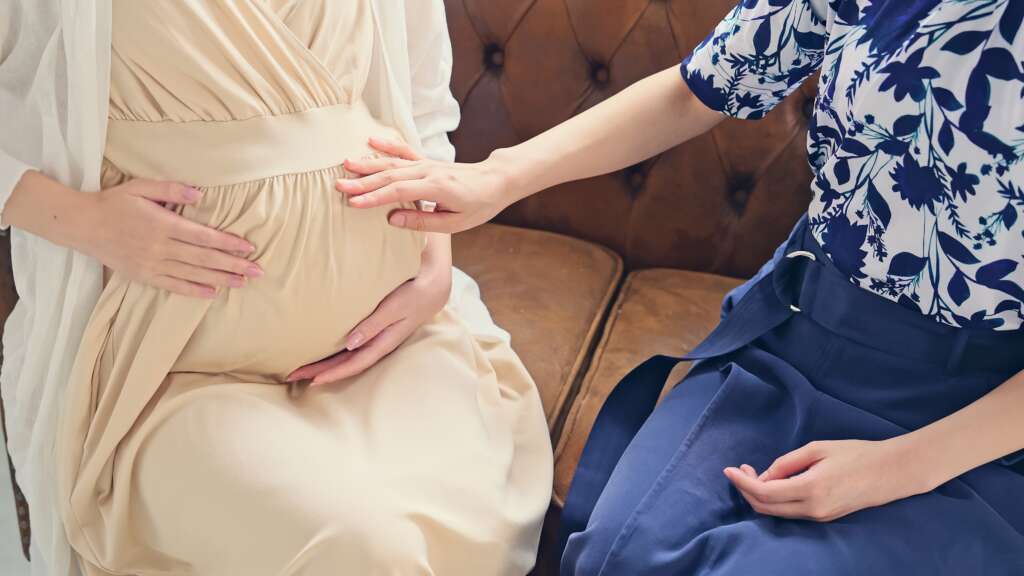
“Little souls find their way to you, whether they’re from your womb or someone else’s.”
—Sheryl Crow
Surrogacy
Surrogacy is an arrangement in which a woman (the surrogate) agrees to carry and give birth to a child on behalf of another person or couple (the intended parent/s). Surrogacy arrangements are medically, emotionally, financially and legally complex.
The surrogate
A surrogate, sometimes also called a gestational carrier, is a woman who conceives, carries, and gives birth to a child for another person or couple (intended parent/s). The surrogate agrees to give the child to that person or couple after the birth.

According to Indian law, a surrogate cannot be the genetic mother of the child she carries. This means that her egg cannot be used in the surrogacy arrangement. The surrogate should be 25 to 35 years of age and should be a close relative of the intending couple. She should be a married woman having a child of her own. The future child’s mother and father, or a donor, provide the egg and sperm to form an embryo. This embryo is then transferred to the uterus of the surrogate who carries the pregnancy and gives birth. Only altruistic surrogacy is allowed. This means that it is illegal to pay the surrogate for her role beyond reimbursing her for medical and other reasonable expenses and insurance. A woman can become a surrogate only once in her lifetime and she should possess a certificate of medical and psychological fitness for surrogacy.
The ART Act was introduced in Lok Sabha in September 2020 and was sent to a Standing Committee for revisions. Later, along with the Surrogacy Act, it was passed in both Houses during the winter session of Parliament in December 2021. This law too came in force in January 2022.
According to the act, the intending couple should have a ‘certificate of essentiality’ and a ‘certificate of eligibility issued by the appropriate authority.
A certificate of essentiality will be issued upon fulfilment of the following conditions:
- a certificate of proven infertility of one or both members of the intending couple from a District Medical Board
- an order of parentage and custody of the surrogate child passed by a Magistrate’s court
- insurance coverage for a period of 16 months covering postpartum delivery complications for the surrogate.
The certificate of eligibility to the intending couple is issued upon fulfilment of the following conditions:
- The intending couple is Indian citizens and married for at least five years
- The intending female is between 23 to 50 years old (wife) and intending male should be 26 to 55 years old (husband)
- they do not have any surviving child (biological, adopted, or surrogate); this would not include a child who is mentally or physically challenged or suffers from life-threatening disorder or fatal illness
- other conditions that may be specified by regulations.


